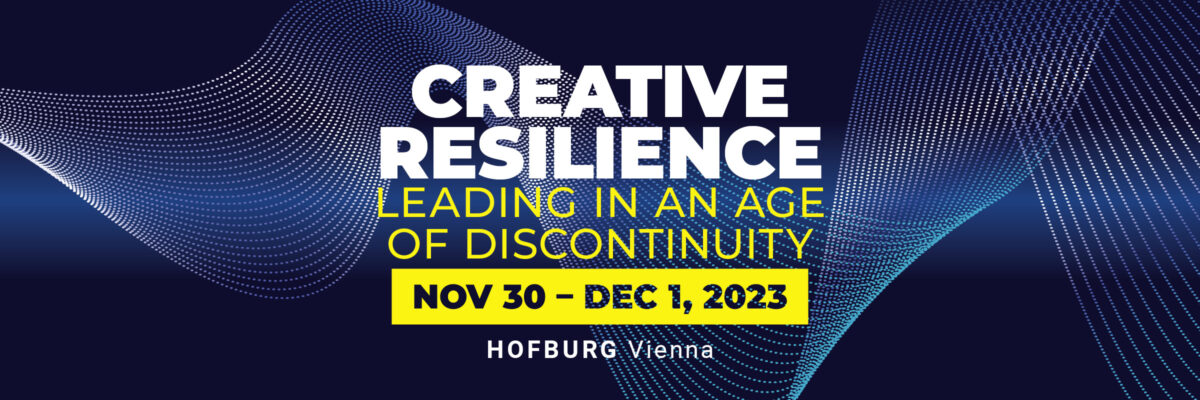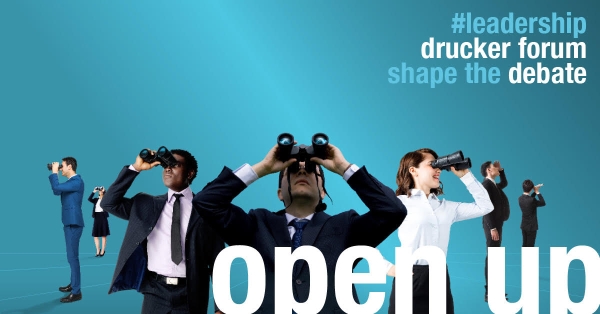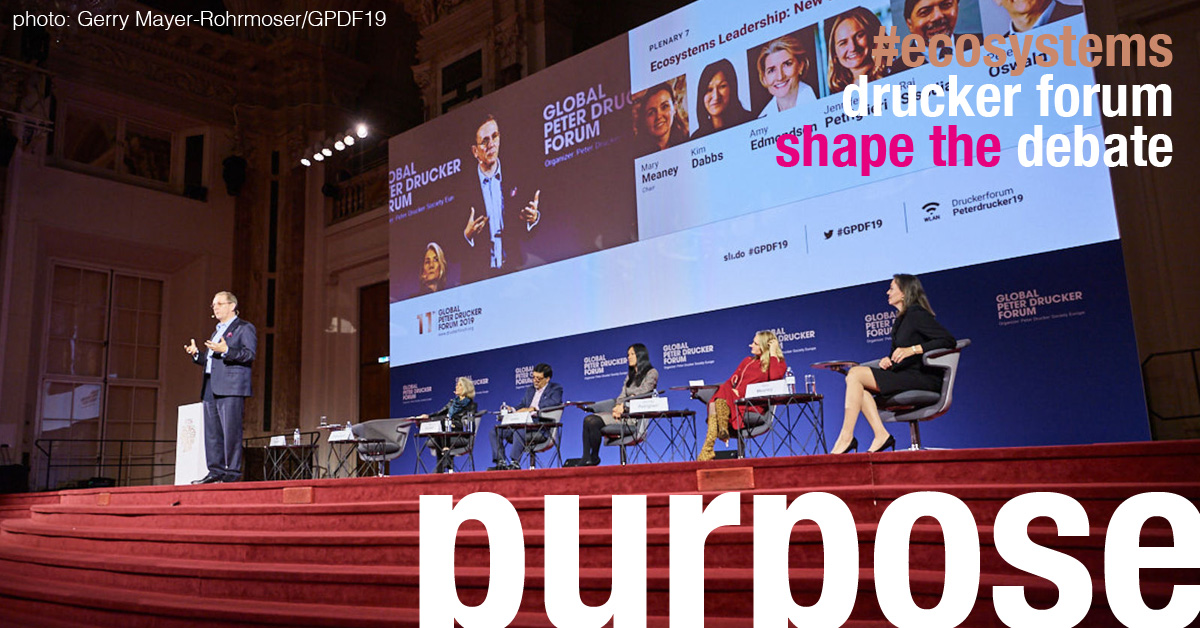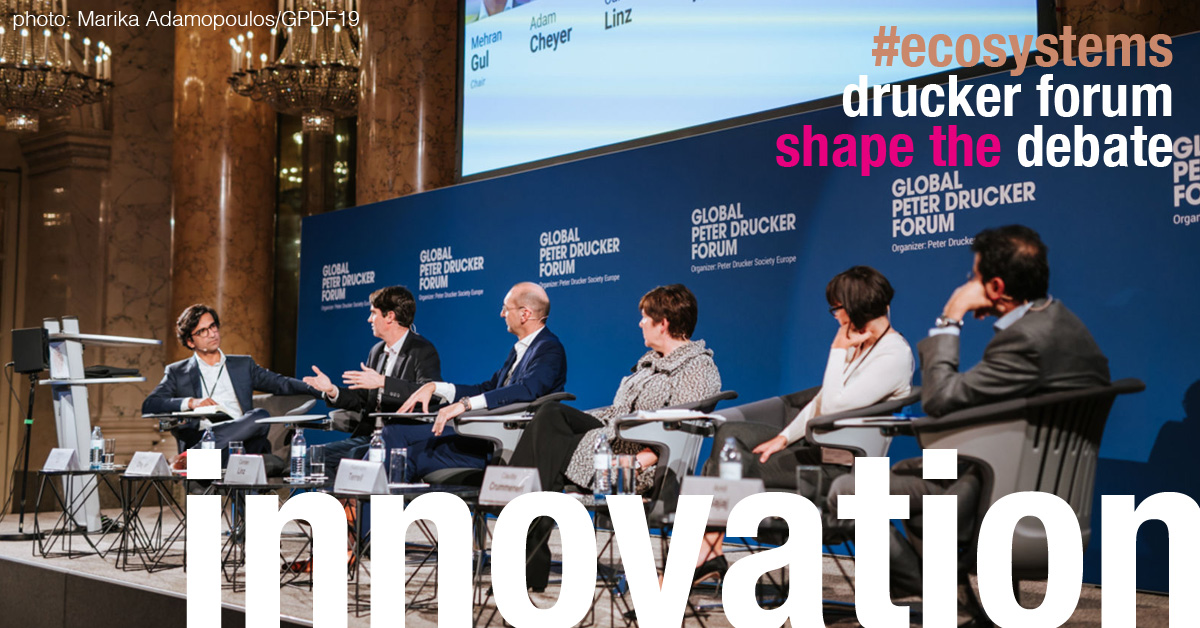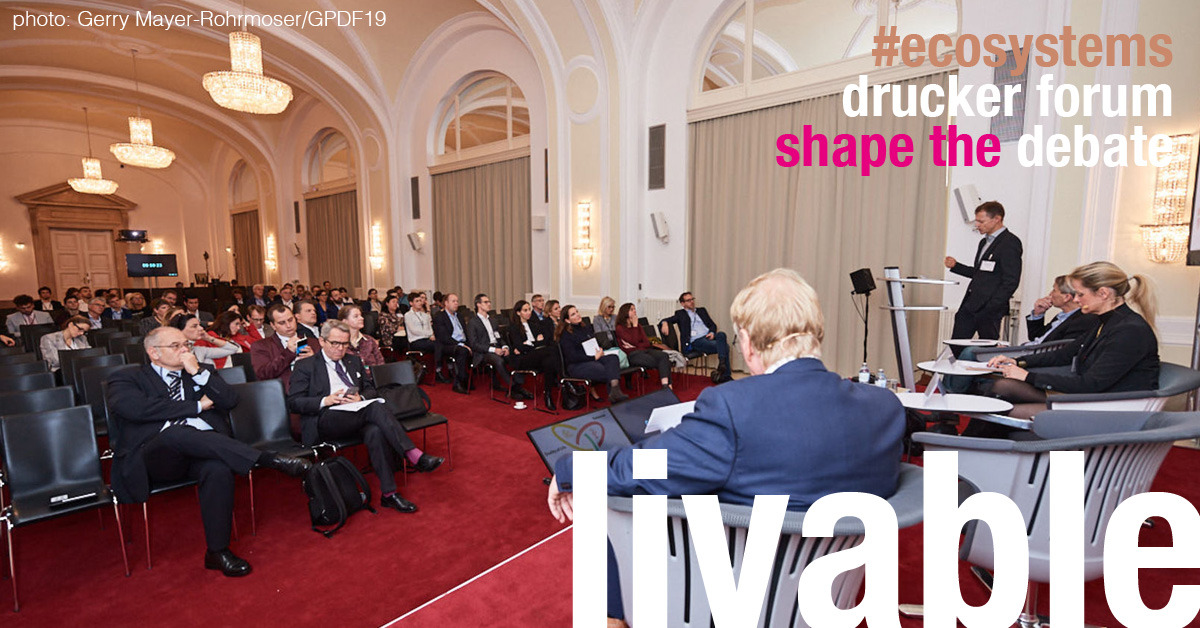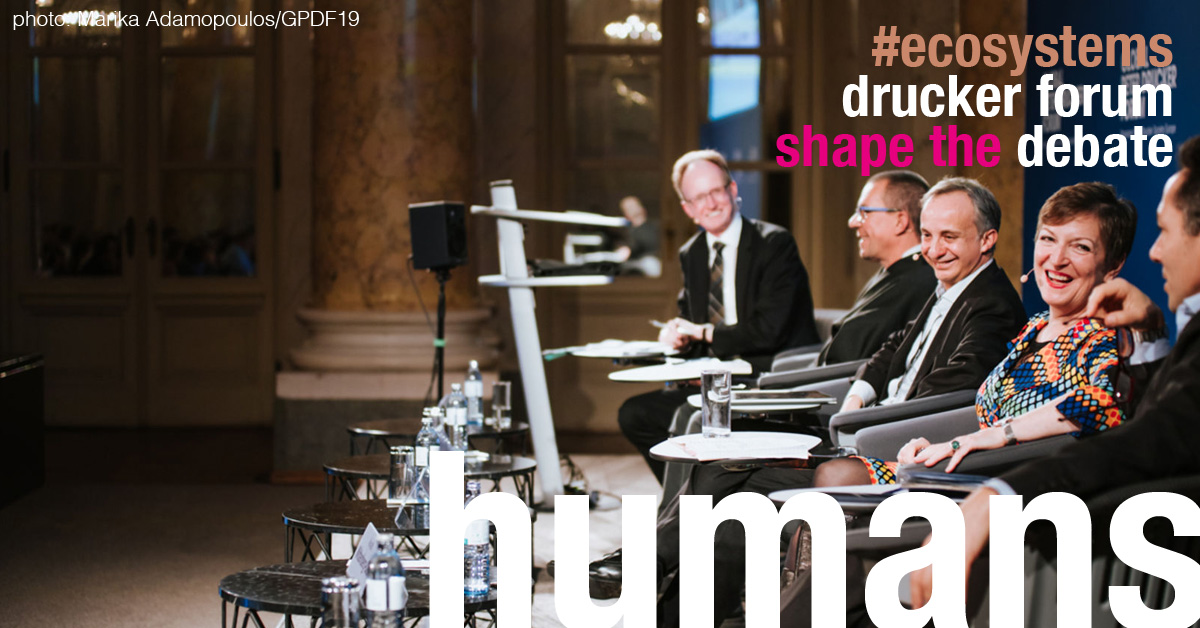The rats gave the first clue: they staggered onto the streets, emitted a drop of blood from their noses and died in droves. As their bodies piled up, newspapers agitated, and citizens complained – why was the sanitation department not removing them? The rodents were collected and cremated and the citizens returned to their preoccupation with working hard and getting rich.[…]
Continue reading

